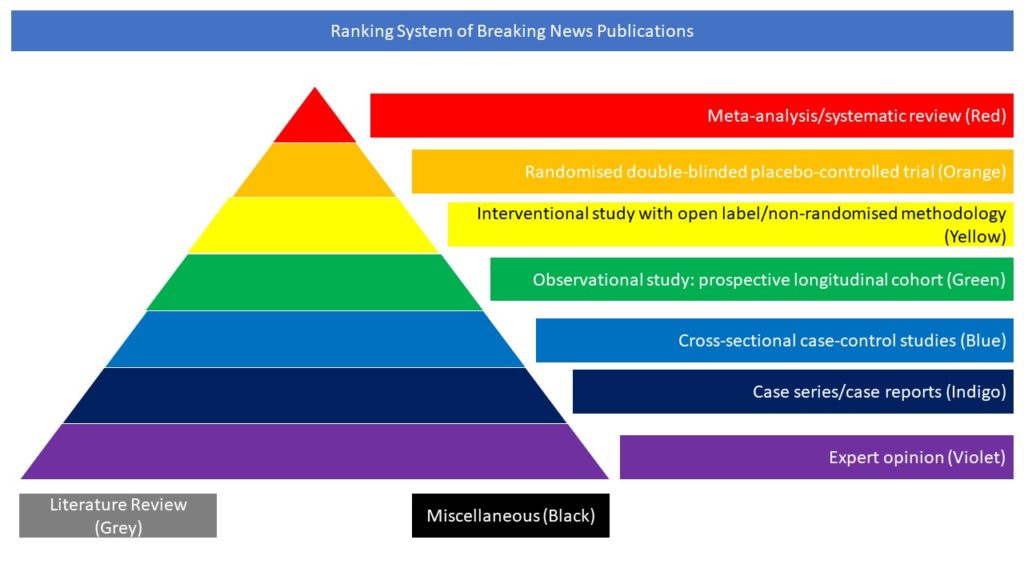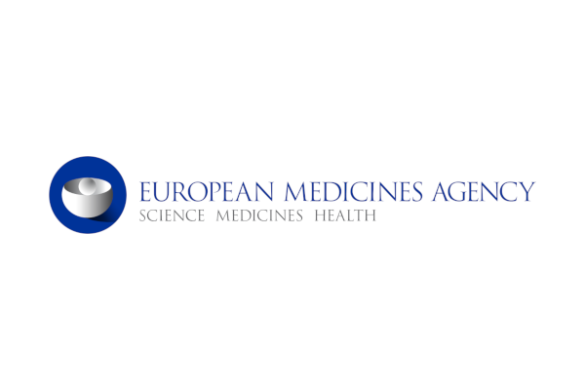Cross-sectional case-control studies (Blue)
Convalescent plasma has been widely used to treat Covid-19 under the presumption that such plasma contains potentially therapeutic antibodies to SARS-CoV-2 that can be passively transferred to the plasma recipient. Whether convalescent plasma with high antibody levels rather than low antibody levels is associated with a lower risk of death is unknown. In this retrospective study based on a U.S. national registry, the authors determined the anti–SARS-CoV-2 IgG antibody levels in convalescent plasma used to treat hospitalised adults with Covid-19. The primary outcome was death within 30 days after plasma transfusion. Patients who were enrolled through July 4, 2020, and for whom data on anti–SARS-CoV-2 antibody levels in plasma transfusions and on 30-day mortality were available were included in the analysis. Of the 3082 patients included in this analysis, death within 30 days after plasma transfusion occurred in 115 of 515 patients (22.3%) in the high-titre group, 549 of 2006 patients (27.4%) in the medium-titre group, and 166 of 561 patients (29.6%) in the low-titre group.
The association of anti–SARS-CoV-2 antibody levels with the risk of death from Covid-19 was moderated by mechanical ventilation status. A lower risk of death within 30 days in the high-titre group than in the low-titre group was observed among patients who had not received mechanical ventilation before transfusion (relative risk, 0.66; 95% confidence interval [CI], 0.48 to 0.91), and no effect on the risk of death was observed among patients who had received mechanical ventilation (relative risk, 1.02; 95% CI, 0.78 to 1.32). The authors concluded that among patients hospitalised with COVID-19 who were not receiving mechanical ventilation, transfusion of plasma with higher anti–SARS-CoV-2 IgG antibody levels was associated with a lower risk of death than transfusion of plasma with lower antibody levels.








